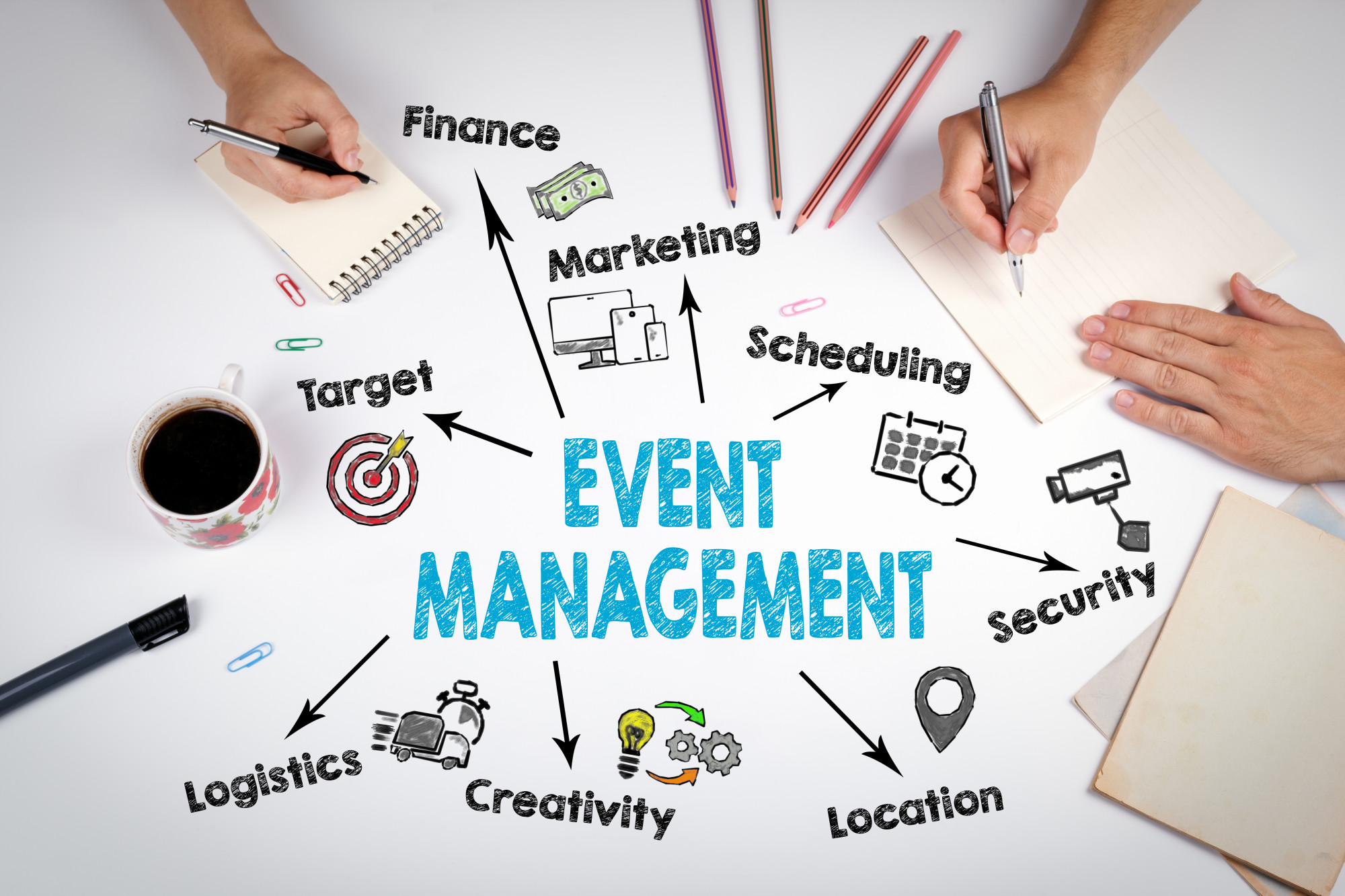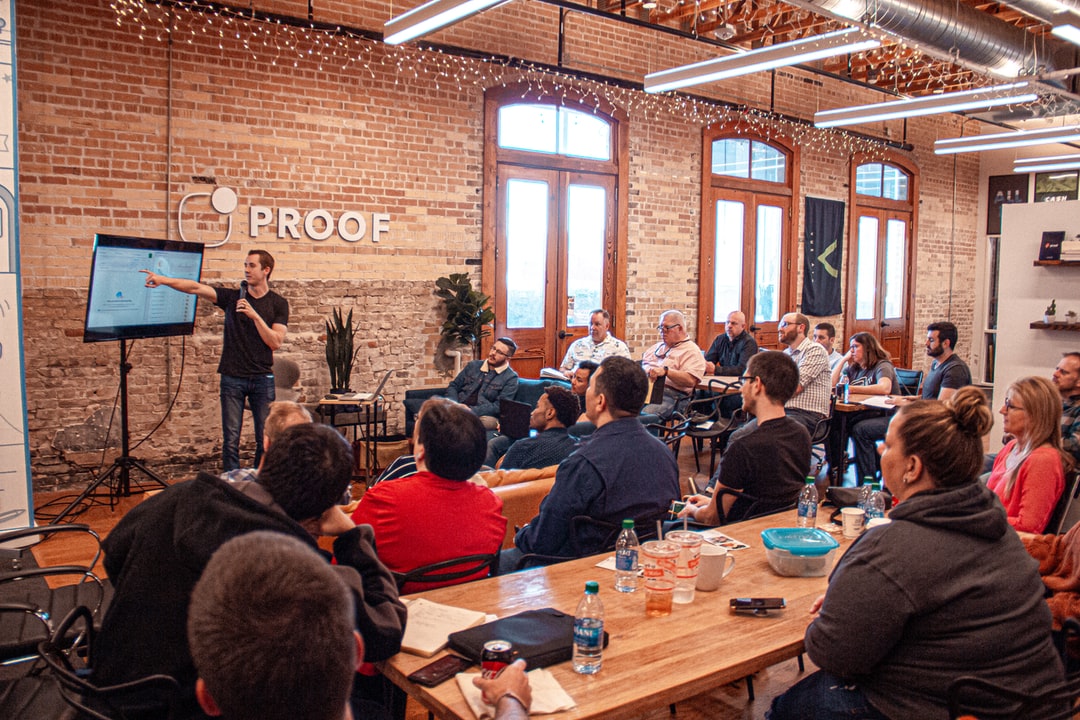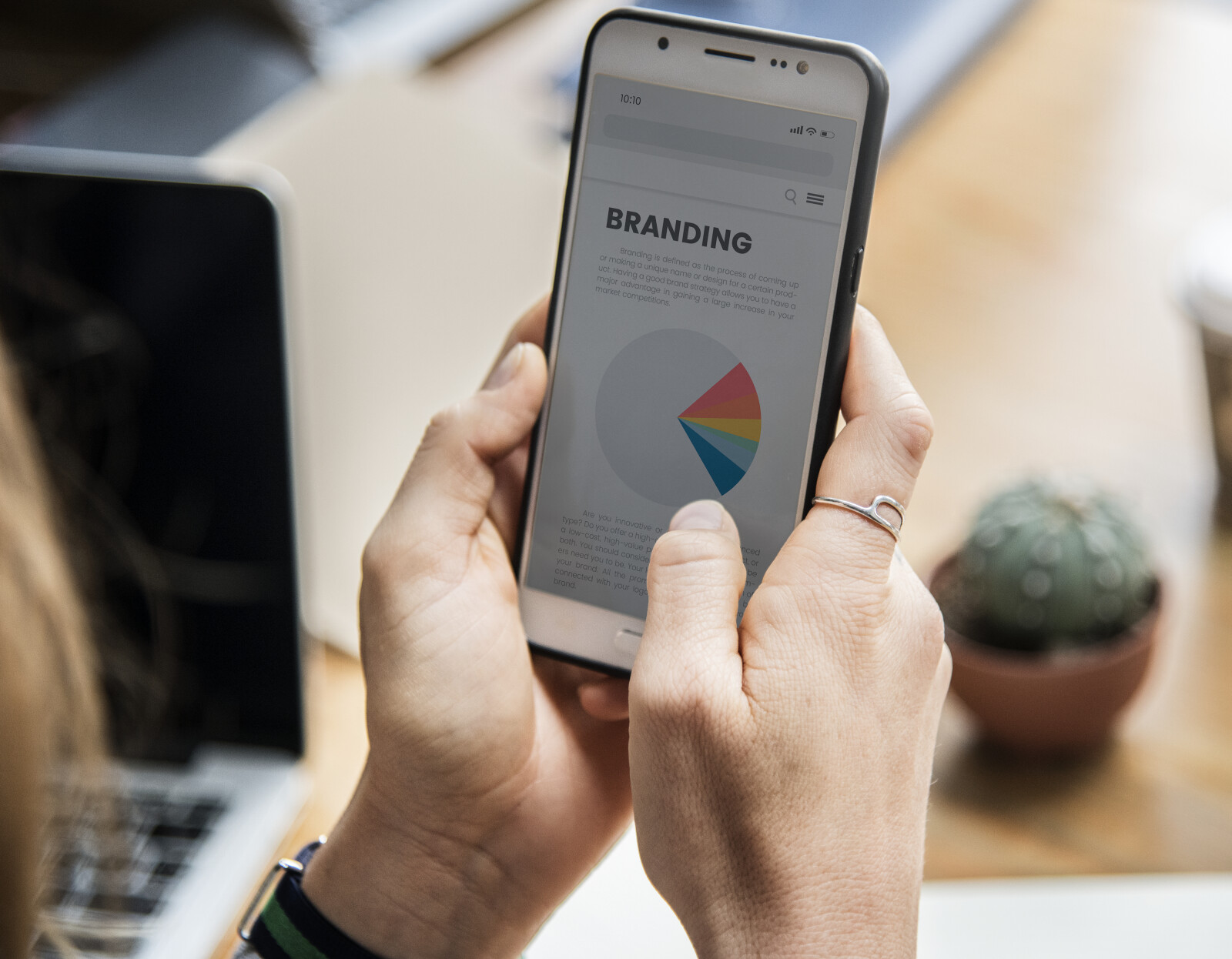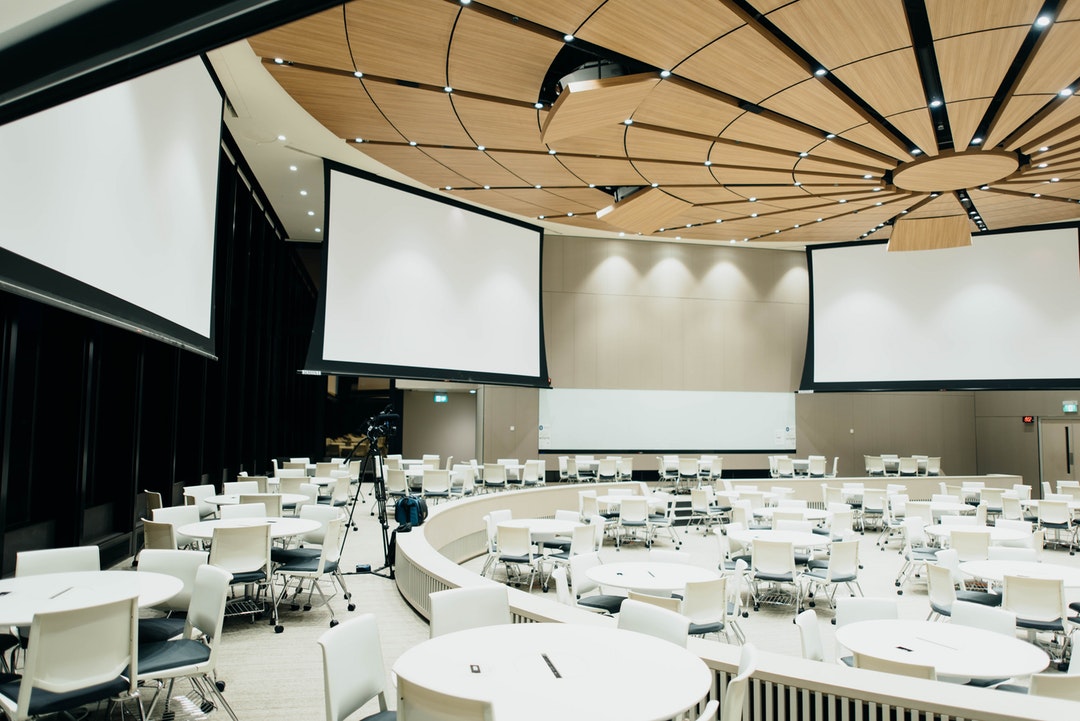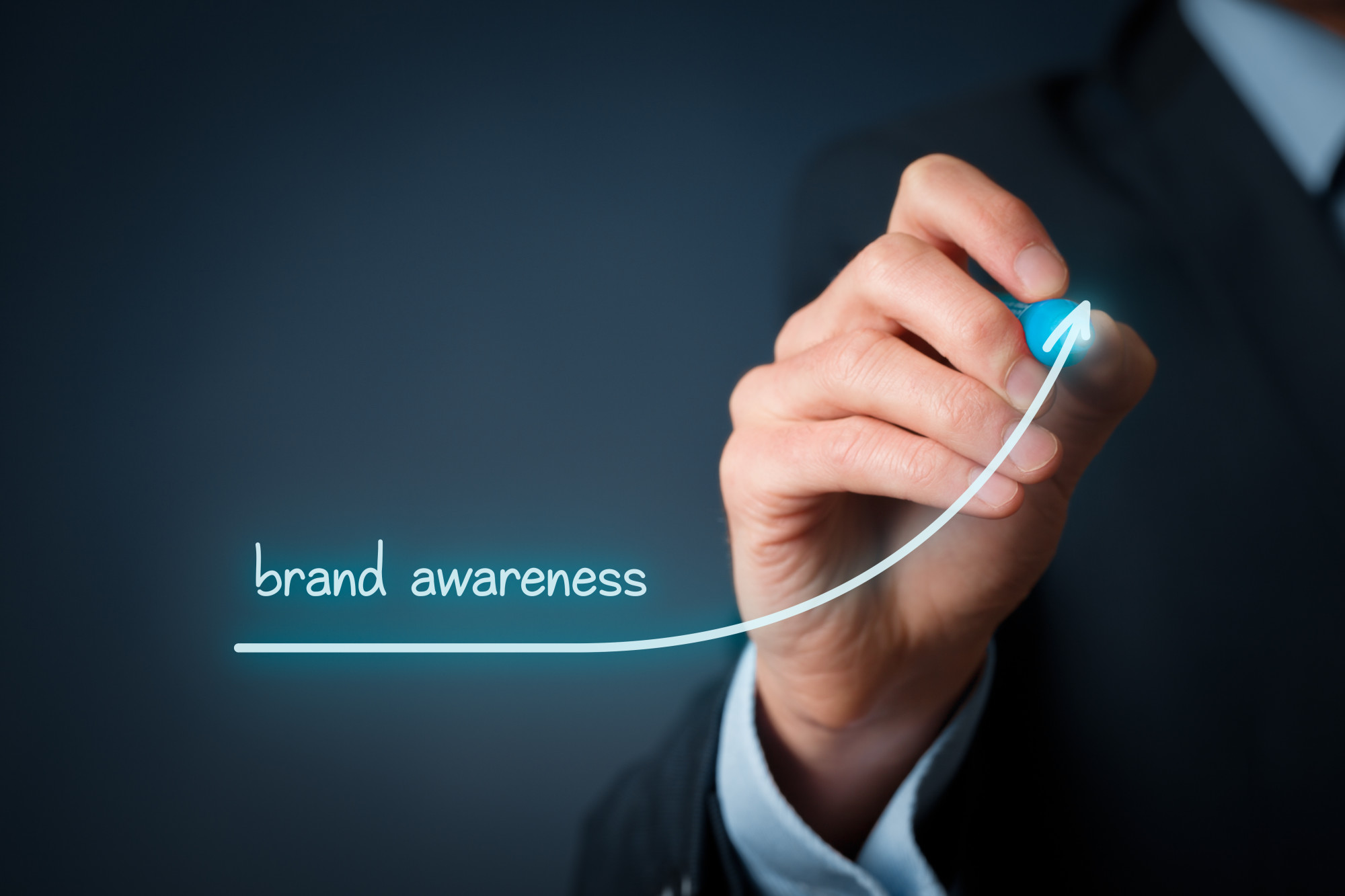Did you know that the U.A.E. has one of the most vibrant events industries in the world? In fact, 76% of the companies in Dubai said that Expo 2020 Dubai helped to boost their growth.
Even though there are many event types, business owners don’t always know how to get the most out of them. And most of the time, this emanates from planning mistakes. The typical event organizing blunders include trying to do everything yourself and selecting the wrong venue.
However, these are issues that you can avoid and host spectacular business events. So, how can you maximize the impact of events every single time? Here are some of the best tips.
1. Get the Best Venues for Events
Have you ever wanted to attend a particular event but didn’t think its location was ideal? Unfortunately, you can easily put your target audience in the same position. As a result, some may choose to skip the event.
When planning a community event, you want to get the venue right from the get-go. Choose a location that is easily accessible. But beyond that, ensure that it’s big enough.
You will also want to consider the amenities, layout, and ambience. A popular location such as a renowned college or hotel can be an excellent idea. Attendees will not struggle with directions when trying to get to your conference.
Also, research your audience. You want to look at the age demographic, occupations, and preferences. Such information will help you determine a befitting venue for the attendees. Consequently, it will increase your chances of maximizing the impact of events.
2. Find the Best Business Event Themes
An event with a theme will undoubtedly be more memorable to the attendees. It stands out in several ways. First off, it doesn’t feel just like any other event.
The theme makes it feel more purposeful, and this is what your target audience will be looking for. If you want to create an impact with an event, focus on the decor, staff uniform, and dress code.
The objective is to ensure that everything matches your ideal theme. For instance, you could request men to wear three-piece suits and ladies to wear pencil dresses. Moreover, most people like to dress up for events.
Working with a corporate event checklist will help you avoid missing the fine detail.
3. Choose the Right Speakers
To have an impactful event, you want to choose the right speakers. Go for people who have immense experience in a particular business discipline. For instance, if you run an acting school, get a renowned actor to speak at your event.
If your target audience is in the medical field, invite a top surgeon or hospital director to speak. Remember, people will expect content that can help them grow their careers or businesses.
Event attendees are always looking forward to speakers. For this reason, you want to create a list of your keynote speakers. Ensure that you put it on the event posters and social media handles.
4. Work With Shorter Sessions
An event can be exciting at the beginning. But as time goes by, fatigue starts to set in, and the attention span of the attendees reduces drastically.
Nonetheless, you can work on your program to deliver maximum engagement. One of the best ways to achieve this is through shorter sessions.
You want to split your delivery into short and impactful sessions. Allocate one hour to each speaker. You will find that they will do their best to deliver maximum value within a short period. And this will, in turn, keep your audience engaged.
Moreover, your prospects will want to act. For example, the attendees will want to sign up if the event is marketing a particular subscription service.
5. Add Entertainment
Gone are the days when business events had no room for entertainment. Today, you will not have an impactful conference if it’s not entertaining. When planning corporate events, consider adding some entertainment sessions in between.
For instance, you can bring a comedian or singer on board. Give them some time on stage as the occasion progresses.
The ultimate goal is to keep your audience refreshed and energetic. Furthermore, there are many options for event entertainers. And you can always Google them and pick the best.
6. Look For Quality Production
As you set up your event, you want the production to be first-class. After choosing a venue, focus on the public address systems. Work with the best sound engineers.
Nothing annoys an audience more than inaudible speakers. They could deliver powerful speeches, but the attendees will struggle to hear.
Sometimes, the problem will not be the speaker. Instead, it could be the sound equipment. And this can tremendously sabotage the impact of your event.
So whether it’s lighting, screens, or audio, provide the best. While you are at it, ensure that you adhere to your business event budget.
7. Sharing Is Paramount
Always endeavour to host an event that will have an impact beyond your immediate audience. With modern technology, ROI-driving strategies work well for such occasions. Moreover, there are a lot of ways to leverage these opportunities.
As your event progresses, create bits of sharable content. You will get this from the speakers. But you will also need a team working behind the scenes.
The work of this team is to collect the information and package it into sharable and digestible bits. And as the end of the event nears, you can ask your audience to find these notes on your website.
Uploading the content, you generate from the event on social media can also be impactful. It can help pass the message to your social media audience. Some will share it with family and friends, extending your event’s reach.
Maximize the Impact of All Event Types
Regardless of the event types, always endeavour to get the most out of activations and business conferences. Leveraging the tips on this post can help you make a difference.
Are you looking to drive ROI with events? At Big Bold Thinkers, we help business owners like you to host impactful events. Contact us today, and we will be happy to work with you.
